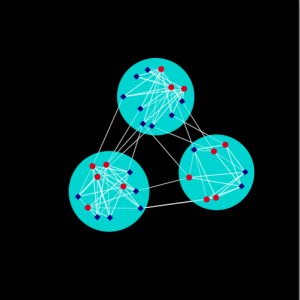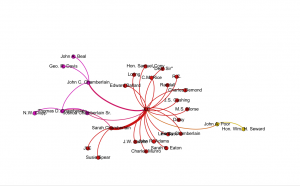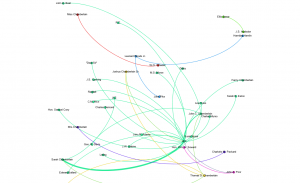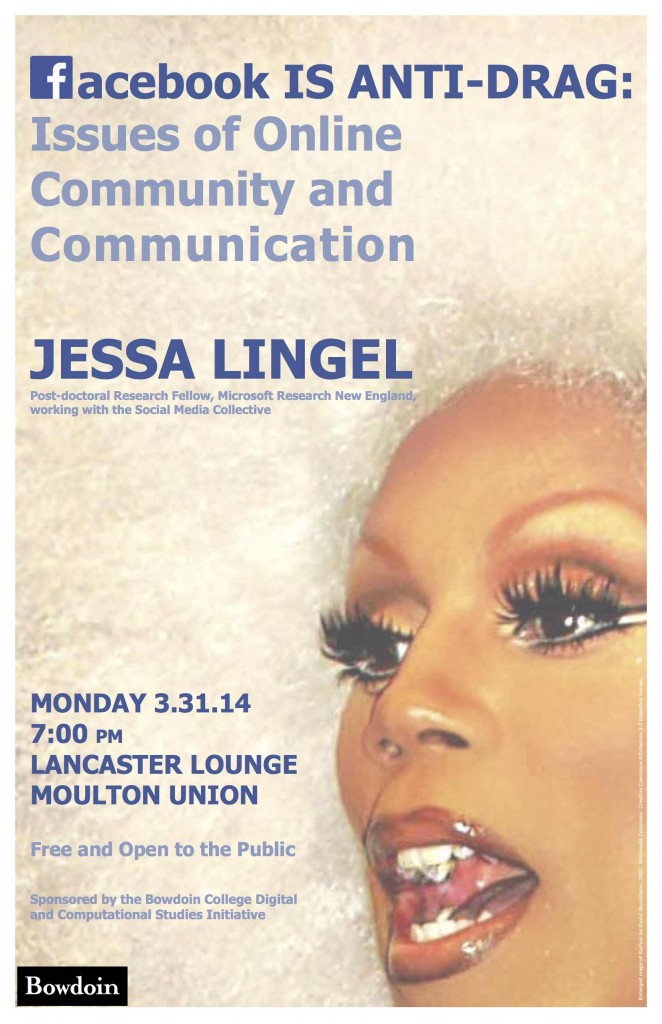This week, there will be a Digital and Computational Studies Workshop.
Digital and Computational Studies Workshop
Tuesday, November 10th | 6 p.m. – 9 p.m.
Location: Room 304 (North), VAC
Open to the Bowdoin Community
Sponsored by the Digital and Computational Studies Initiative
This Digital and Computational Studies Workshop is open to both students and faculty. Discover how social network analysis can answer questions in the social sciences, humanities, and sciences. The workshop will focus on the 2016 Election. Participants will learn about campaign finance networks and basic network analysis concepts. People can also work on their own network data.




